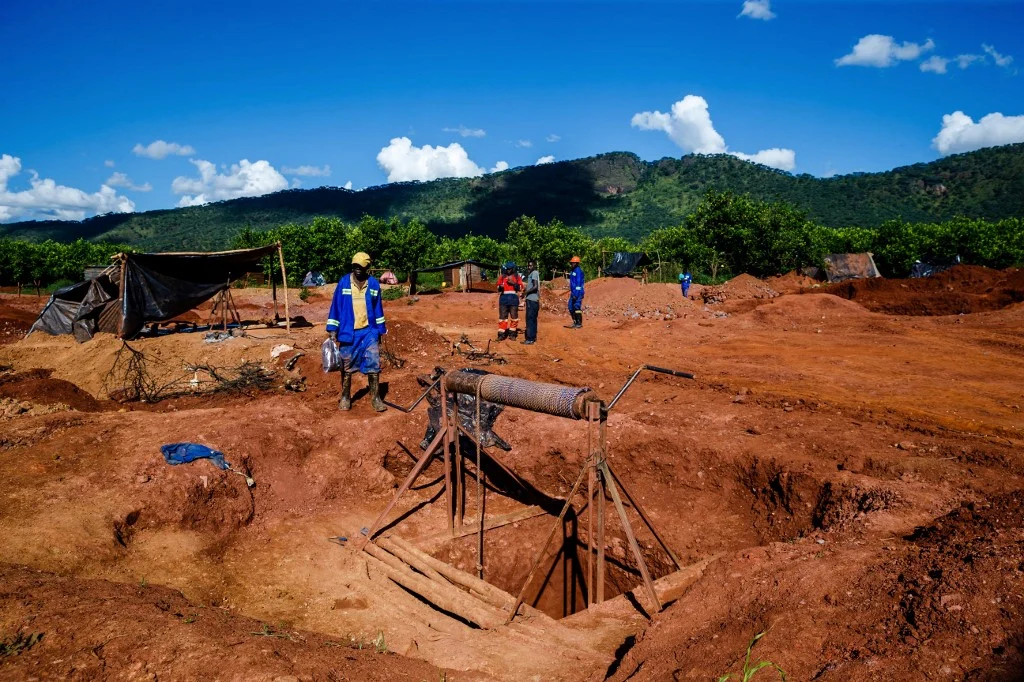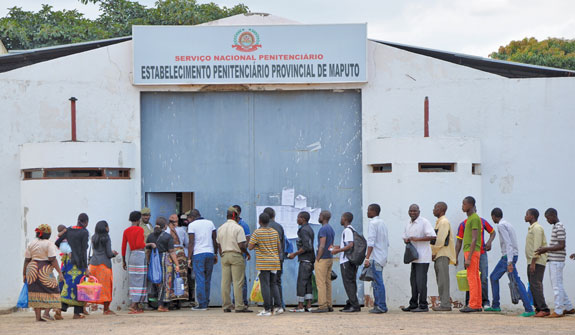Miners operating in Zimbabwe will have to pay some of their royalties in refined metal rather than cash, as the country will hold reserves of gold, diamonds, platinum and lithium, says President Emmerson Mnangagwa.
Zimbabwe’s president said the new policy that compels miners to pay half of their royalties in commodities and half in cash will start from this month as the country attempts to build precious metal and mineral stockpiles for the first time. Mnangagwa announced the move in a newspaper on Sunday (9 October), as the country struggles to benefit from the demand for its resources.
The main minerals found in Zimbabwe include gold, platinum, chrome, coal, diamonds and lithium. Mining companies that operate in Zimbabwe include subsidiaries of Impala Platinum, Anglo American Platinum and Sibanye Gold. The landlocked country located in Central South Africa has the world’s third-largest reserves of platinum after Russia and South Africa. It also mines nickel, chrome, lithium and coal.
As the Zimbabwean leader doesn’t want the policy to be “frozen in time,“ the law will target four of Zimbabwe’s key minerals. “Two of them are precious; they are gold and diamonds […] The other two are high-value minerals, and these are lithium and platinum group of metals, PGMs,” the president added. Mnangagwa also said he had already tasked the Ministry of Finance and Economic Development and Ministry of Mines and Mining Development” with fine-tuning the policy “in close consultation with the mining sector and mining concerns affected.” The decision to ask miners to pay part of the fee in refined product will help the government build physical reserves of precious and strategic minerals, while still providing some cash for the day-to-day running of state affairs, Mnangagwa said. The reserves may also be used to securitize borrowing by the government.



